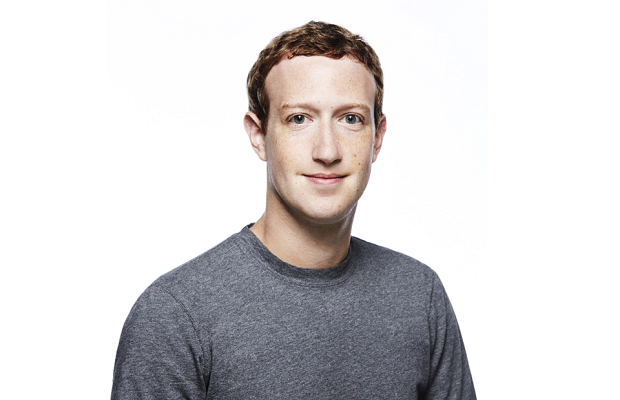Facebook boss Mark Zuckerberg has asked governments and regulators to play “a more active role” in policing the internet and the standards of big online companies.
Zuckerberg said firms such as his had huge responsibilities, deciding matters such as which content is harmful and what constitutes political advertising.
“If we were starting from scratch, we wouldn’t ask companies to make these judgments alone,” he said in an open letter.
“By updating the rules for the internet, we can preserve what’s best about it – the freedom for people to express themselves and for entrepreneurs to build new things – while also protecting society from broader harms,” said Facebook’s CEO.
Facebook has been criticised for not doing enough to quickly take down harmful content and hate speech, for example after the New Zealand terror attack, and for not being transparent enough over who is paying for political ads.
This week, however, it responded to some of that criticism by announcing a ban on content promoting white nationalism and separatism. It is also looking at restrictions on live video streaming.
What does Zuckerberg want?
In brief, Zuckerberg calls for the following things in the letter:
- Common rules that all social media sites need to adhere to, enforced by third-party bodies, to control the spread of harmful content
- All major tech companies to release a transparency report every three months, to put it on a par with financial reporting
- Stronger laws around the world to protect the integrity of elections, with common standards for all websites to identify political actors
- Laws that not only apply to candidates and elections, but also other “divisive political issues”, and for laws to apply outside of official campaign periods
- New industry-wide standards to control how political campaigns use data to target voters online
- More countries to adopt privacy laws like the European Union’s General Data Protection Regulation (GDPR), which came into force last year
- A “common global framework” that means these laws are all standardised globally, rather than being substantially different from country to country
- Clear rules about who’s responsible for protecting people’s data when they move it from one service to another
The open letter, which will also be published in some European newspapers, comes as the social network faces questions over its role in the Cambridge Analytica scandal around data misuse during election campaigns.

